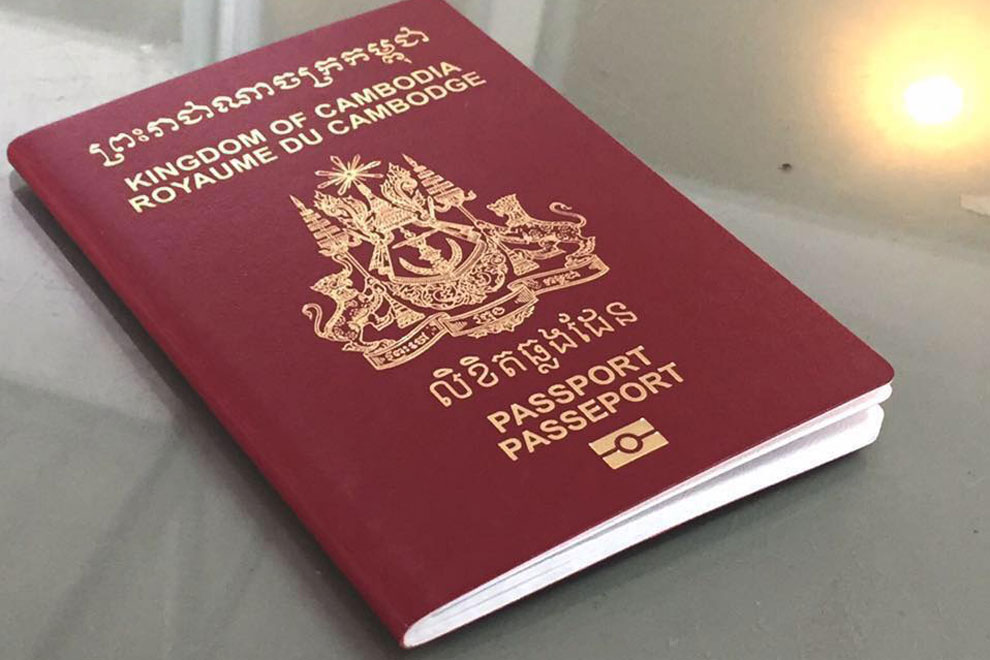
A Comprehensive Guide to Cambodian Travel Immunization for Health and Safety
Introduction:
Embarking on a journey to the vibrant and culturally rich nation of Cambodian travel beckons travelers to marvel at the iconic temples of Angkor Wat, explore bustling markets, and indulge in the warmth of Khmer hospitality. However, amidst the excitement of travel, ensuring proper immunization against potential health risks is paramount for a safe and enjoyable experience. This guide delves into the importance of Cambodian travel immunization, highlighting essential vaccinations, health precautions, and preventive measures to safeguard travelers against common diseases and health threats. By prioritizing health and immunization, travelers can embrace the wonders of Cambodia with peace of mind and wellness.
Understanding Key Vaccination Recommendations for Cambodia:
Before setting foot in Cambodia, it is crucial for travelers to familiarize themselves with the recommended vaccinations to protect against prevalent diseases in the region. Essential vaccines for travel to Cambodia often include hepatitis A and B, typhoid, tetanus, diphtheria, pertussis, and polio. Additionally, vaccination against Japanese encephalitis and rabies may be advised based on the traveler’s itinerary, duration of stay, and activities planned in Cambodia. Consulting with a healthcare provider or travel medicine specialist can provide personalized recommendations based on individual health needs and risk factors.
Malaria Prophylaxis and Mosquito-Borne Disease Prevention:
Given Cambodia’s tropical climate and prevalent mosquito population, travelers are advised to take precautionary measures to prevent mosquito-borne diseases such as malaria, dengue fever, and chikungunya. While malaria transmission varies by region in Cambodia, travelers to rural or forested areas may require antimalarial medication as a preventive measure. In addition to chemoprophylaxis, using insect repellents, wearing long-sleeved clothing, and sleeping under mosquito nets can mitigate the risk of mosquito bites and reduce the likelihood of contracting these diseases during travel.
Water and Food Safety Practices:
To avoid gastrointestinal illnesses such as traveler’s diarrhea, cholera, and hepatitis A, travelers should prioritize water and food safety practices while in Cambodia. Opting for bottled or boiled water, avoiding ice in drinks, and consuming only cooked, hot foods from reputable establishments can significantly lower the risk of food and waterborne infections. Practicing proper hand hygiene, especially before eating or handling food, is essential for preventing the transmission of pathogens and maintaining good health throughout the journey.
Travel Health Insurance and Medical Care Access:
In preparation for travel to Cambodia, obtaining comprehensive travel health insurance is recommended to cover potential medical emergencies, hospitalization, and repatriation in case of illness or injury abroad. Travel health insurance provides peace of mind and financial protection in unforeseen circumstances, ensuring access to quality medical care and treatment while traveling in Cambodia. Familiarizing oneself with the locations of medical facilities, hospitals, and clinics in Cambodia can facilitate prompt and efficient access to healthcare services when needed during the trip.
Remote Area Travel Preparedness:
For travelers venturing into remote or rural areas of Cambodia, especially for ecotourism, adventure activities, or cultural exploration off the beaten path, additional health precautions are advised. It is crucial to pack a travel health kit containing essential medications, first-aid supplies, insect repellents, sunscreen, and any necessary prescription drugs CAMBODIAN VISA FOR US CITIZENS specific to individual health conditions. Being prepared for remote area travel ensures that travelers have the necessary resources to address minor health issues and stay healthy while enjoying the natural beauty and cultural treasures of Cambodia’s less-accessible regions.
Conclusion:
In conclusion, prioritizing Cambodian travel immunization and health precautions is essential for ensuring a safe and memorable experience in this captivating destination. By staying informed about recommended vaccinations, practicing preventive measures against mosquito-borne diseases, observing water and food safety practices, securing travel health insurance, and preparing for remote area travel, travelers can safeguard their health and well-being during their journey to Cambodia. Embracing a proactive approach to health and immunization enables travelers to explore the wonders of Cambodia with confidence, knowing that they have taken the necessary steps to protect themselves against potential health risks. Remember, a healthy traveler is a happy traveler, ready to immerse themselves in the beauty, culture, and hospitality of Cambodia while enjoying peace of mind and optimal well-being.


